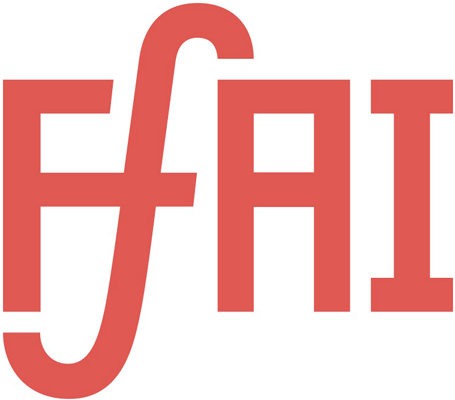Public presentation of the first seminar of the international project Glossary of Common Knowledge on Friday, May 9 at 6 p.m. in the seminar of the Museum of Contemporary Art Metelkova (+MSUM) at Maistrova 3, Ljubljana.
The Glossary of Common Knowledge is a five-year research project run by Moderna galerija (MG+MSUM) within the framework of the broader European project Uses of Art - the Legacy of 1848 and 1989 by the European confederation L'Internationale. The curators of the Glossary of Common Knowledge project are Zdenka Badovinac and Bojana Piškur (MG+MSUM) and Jesús Carrillo (Museo nacional centro de arte Reina Sofía, Madrid).
The goal of the project is twofold: to compile a glossary of art terminology that differs substantially from what is found in the existing literature on art, and to do so in collaboration with institutions and individuals from Europe and other parts of the world who will propose terms relating to their own practices and contexts, and subsequently compare them. These so-called narrators will be involved in the process of editing the glossary throughout the project, producing new knowledge through comparisons. This will make the Glossary of Common Knowledge an alternative to comparable projects that conform to the dominant epistemological models. The terms will be discussed and defined at seminars dealing with a variety of referential fields (e.g. historicising at the first seminar), and then compared to produce new ones through associative connections. At the seminars, curators will work with narrators from the institutions of the confederation L'Internationale and with narrators from other parts of the world. The Glossary of Common Knowledge will be accessible at the Moderna galerija website (www.mg-lj.si) already in its intermediate stages, and linked to the L'Internationale Online platform from early June. In 2017, the Glossary of Common Knowledge will be published in book form.
The first seminar is being held on May 8 and 9, 2014, at the Museum of Contemporary Art Metelkova (+MSUM); it is to be followed by four others at several-month intervals. The topic of the first seminar is historicisation and the invited participants are Zdenka Badovinac (MG+MSUM, Ljubljana, Slovenia), Jesús Carrillo & Francisco Godoy Vega (Museo Nacional Centro de Arte Reina Sofía, Madrid, Spain), Colin Chinnery (Beijing, China), Keti Chukrov (Moscow, Russia), Cristina Freire (São Paulo, Brasil), Dušan Grlja (Belgrade, Serbia), Beatriz Herráez (Museo Nacional Centro de Arte Reina Sofía, Madrid, Spain), Anders Kreuger (M HKA, Antwerp, Belgium), Anej Korsika (Ljubljana, Slovenia), Thomas Lange (Van Abbemuseum, Eindhoven, The Nederlands), Gabi Ngcobo (Johannesburg, South Africa), Meriç Öner (SALT Research, Istanbul, Turkey), Bojana Piškur (MG+MSUM, Ljubljana, Slovenia), Paul B. Preciado (MACBA, Barcelona, Spain), Ania Szremski (Cairo, Egipt), Stephen Wright (Van Abbemuseum, Eindhoven, The Nederlands).
Video documentation from the seminar is avaliable on this link: seminar recordings.
- -
L'Internationale
Comprising six major European museums, L'Internationale proposes a space for art within a non-hierarchical and decentralised internationalism, based on the value of difference and horizontal exchange among a constellation of cultural agents, locally rooted and globally connected. The partners of the confederation L'Internationale are Moderna galerija (MG, Ljubljana, Slovenia); Museo nacional centro de arte Reina Sofía (MNCARS, Madrid, Spain); Museu d?art Contemporani de Barcelona (MACBA, Barcelona, Spain); Museum van Hedendaagse Kunst Antwerpen (M HKA, Antwerp, Belgium); SALT (Istanbul and Ankara, Turkey) and Van Abbemuseum (VAM, Eindhoven, the Netherlands). L'Internationale is supported by complementary partner and associate organizations from the academic and artistic fields.
Glossary of Common Knowledge is a part of a five year programme The Uses of Art – Legacy of 1848 and 1989 led by L'Internationale confederation of museums. Supported by Ministry of Culture of the Republic of Slovenia and the Culture Programme of the European Union.
 |
 |
 |
 |